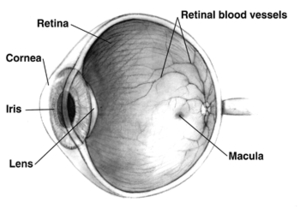

Most tasks that are performed are a series of mental processes. When learning a new process, an old automated process can prevent learning-learning to swing a tennis racket after learning to swing a baseball bat- advance learning- throwing almost any object- or do nothing- knowing proper running form will not affect the previous two tasks.Īll processes begin as controlled processes. These processes can interfere, support, or have no effect on one another. Automated processes are those which require very little focus, concentration, or attentional resources, depending on the definition used. In terms of attention as the allocation of processing resources assuming limited resources, controlled processes consume a very large amount of resources. The ability to concentrate->Allows either selective awareness or responsivenessĬontrolled processes are those which a person actively partakes in, the processes that require a person to focus or concentrate are considered controlled processes.

The ability to focus on a given task->Focusing on certain features of the environment to the exclusion of other features.Refers to the allocation of processing resources assuming limited resources.Means by which we actively process a limited amount of information from the myriad of information available through our senses, stored memories, and other cognitive processes.3.5.1 Evidence for Treisman’s Attenuation Theoryĭefinitions of Attention.3.4.1 Evidence against Broadbent’s Filter Theory.


 0 kommentar(er)
0 kommentar(er)
